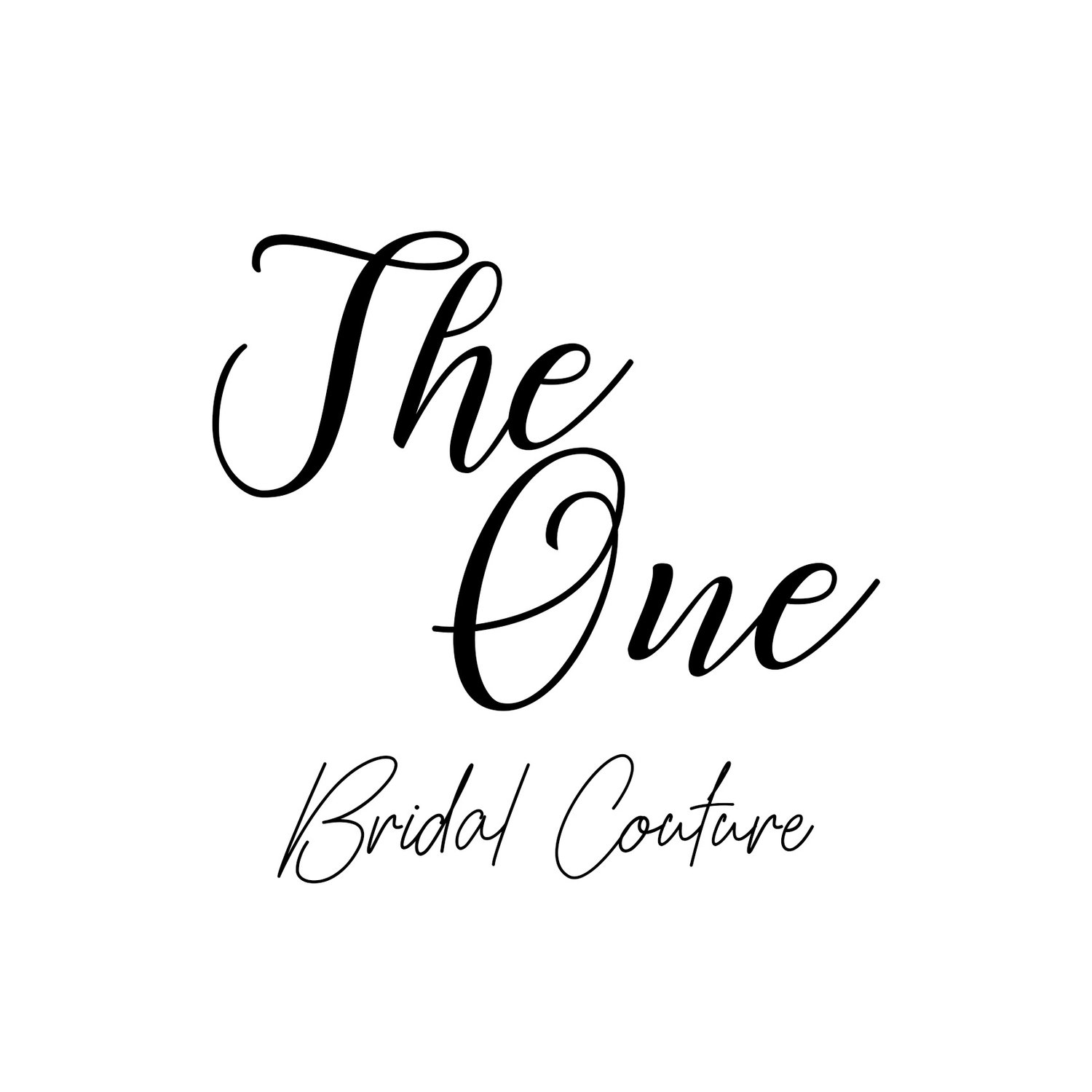Why Wedding Dresses are Expensive
When it comes to weddings, few things symbolize the occasion more than the bride’s dress. However, many brides are taken aback by the price tags they encounter when shopping for their dream gown. Why are wedding dresses so expensive? Let’s delve into the factors that contribute to the high cost of these exquisite garments.
1. Craftsmanship and Detail
Wedding dresses are often the epitome of craftsmanship in the fashion world. Unlike everyday apparel, these gowns require meticulous attention to detail. From intricate lacework and beading to hand-sewn embellishments, the labor involved is intensive and time-consuming. Skilled artisans spend countless hours perfecting each dress, ensuring every stitch and sequin is in place. This level of detail and the expertise required significantly drive up the cost.
2. Quality of Materials
The materials used in wedding dresses are often of the highest quality. Designers select luxurious fabrics like silk, satin, and tulle, which are far more expensive than typical clothing materials. Additionally, embellishments such as Swarovski crystals, pearls, and delicate lace are not just costly but also require careful handling and application, further adding to the price.
3. Design and Exclusivity
Many brides seek unique, one-of-a-kind dresses that stand out. Designers cater to this by offering exclusive collections or even custom-made options. These exclusive designs often involve extensive consultations and fittings, as well as bespoke alterations to ensure a perfect fit. The uniqueness and customization options mean that these dresses are priced at a premium.
4. Brand Reputation
The name on the label can have a significant impact on the price of a wedding dress. Renowned designers and luxury brands command higher prices due to their reputation, experience, and the prestige associated with their names. Brides often pay more for the assurance of quality and the prestige of wearing a gown by
5. Emotional Value and Market Dynamics
Weddings are a once-in-a-lifetime event for many, and the emotional value attached to the dress is immense. The wedding industry understands this and prices its products accordingly. Brides are often willing to spend more on their gown because it is a central part of their special day. The market dynamics capitalize on this sentiment, with prices often reflecting not just the cost of production but also the perceived value and emotional significance of the dress.
6. Environmental and Ethical Considerations
In recent years, there has been a growing emphasis on sustainability and ethical practices in fashion. Many wedding dress designers and brands are focusing on eco-friendly materials and fair trade production methods. While these practices are beneficial for the environment and society, they also come with higher costs. Brides who choose dresses from such brands are often paying for the assurance that their dress was made ethically and sustainably.
The price of a wedding dress encompasses more than just fabric and thread; it’s a combination of artistry, quality, exclusivity, and emotion. Understanding these factors helps brides appreciate the true value of their gown. While the price tag may seem steep, for many, the wedding dress is more than just a piece of clothing—it’s a cherished symbol of one of the most important days of their lives.
